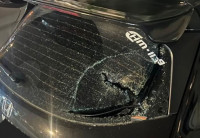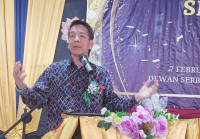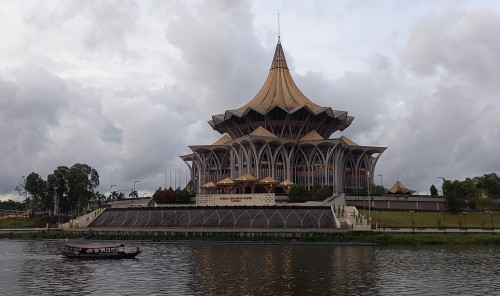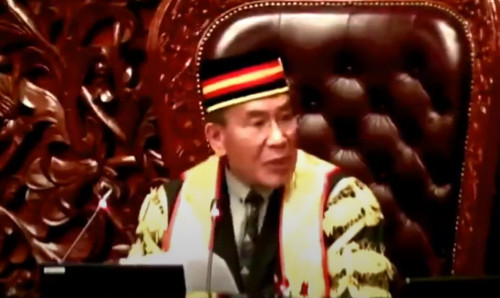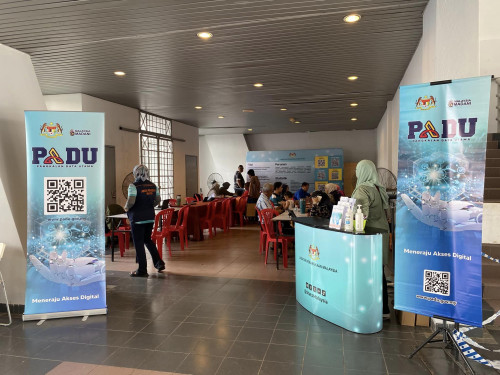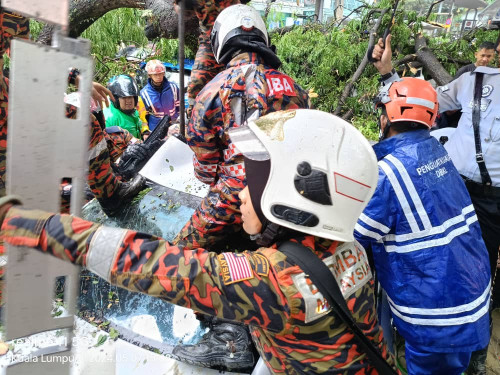“IN the season of Qing Ming, rain falls ceaseless through the day, traveling amongst the mourners, my soul begins to fray,”* reads the first few lines of a famous poem by the Late Tang Dynasty poet Du Mu.
Often recited by adults and taught to children within the Chinese community, the poem tells of a lonely traveler on the road wanting to be reunited with his ancestors. Read in its entirety, the poem encapsulates the feeling of loss and grief that families experience during this occasion, but ends on a hopeful note, an appeal by the author to celebrate life.
The Qingming or Ching Ming festival, often described as Tomb Sweeping Day is celebrated by Chinese people around the world as April approaches. Families pay their respects to their ancestors by cleaning their graves, making offerings of food and money. These offerings are meant to provide comfort and sustenance to the deceased in the afterlife.
For heritage and cultural consultant Dennis Ong, the day is spent in remembrance of his forebearers, especially his late grandfather, Ong Yong Hung, with whom he was especially fond of and the first generation of his family to settle in Malaysia.
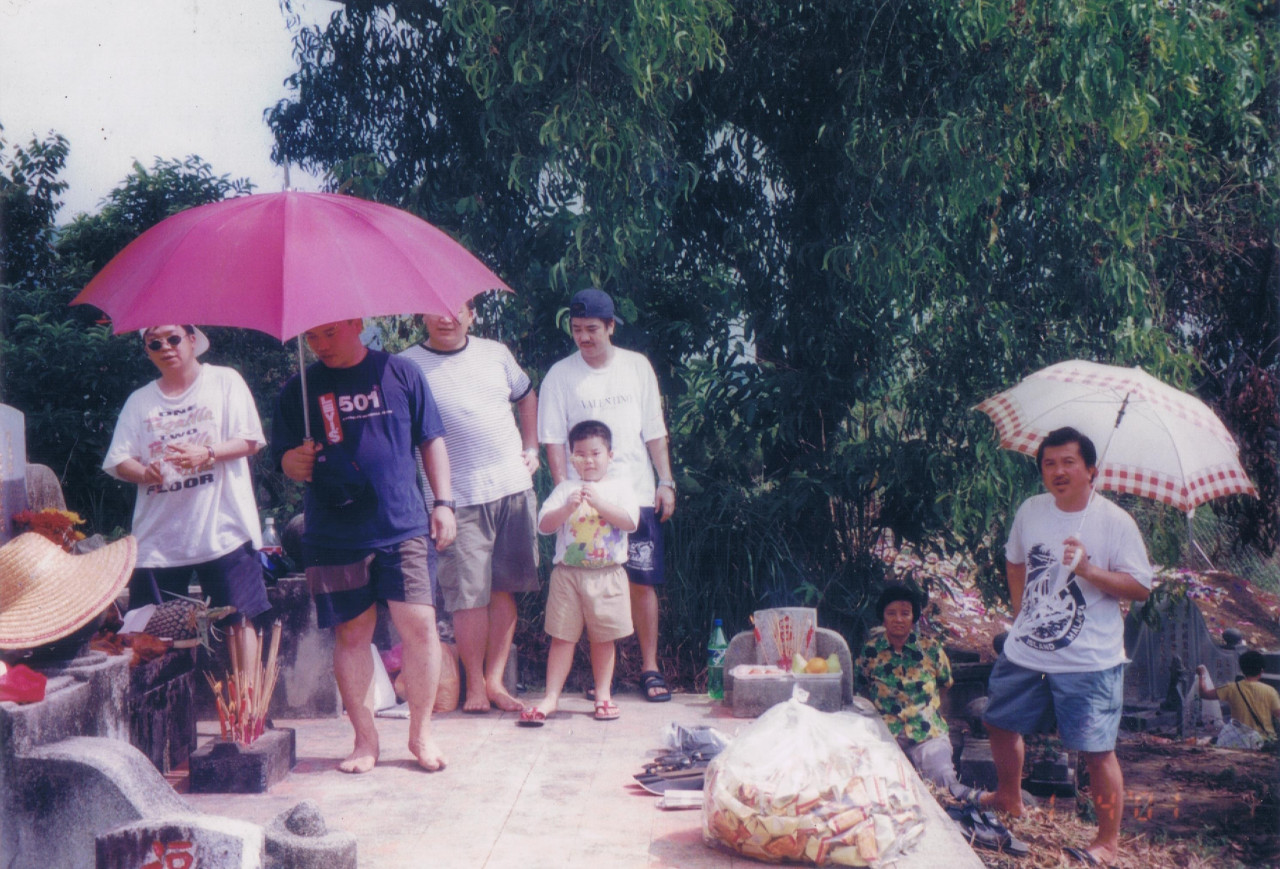
“He was a person who placed great emphasis on the importance of family and remembering one’s roots. He would often regale about how he arrived in Penang from Hainan Island as a child six years of age. He would share stories of how he used to crack open coconuts and chop trunks of banana trees to feed the livestocks after school, at an attap house built somewhere in Tanjung Bungah which we fondly call 'The Golden House',” Dennis says.
“These were the stories that he would never fail to share with me on our long trips back to Kuala Lumpur from Penang after Ching Ming. He took pride in his roots and heritage, seeds that were planted in me early on which have come to define me today,” he added.
Ching Ming, however, is more than just a day of remembrance. It is an opportunity to strengthen family bonds and reinforce the values of filial piety and respect for elders. It is a time when families gather to catch up on each other's lives, share stories, and enjoy each other's company.
“For me and my family, as for other families, it is a day where we commemorate our deceased loved ones, as much as it is a good reason for family members to gather and catch up, much like you would during the Mid-Autumn and Winter Solstice festivals. It is a family affair. All of us would often cramp in a car, and each of us would carry an item up the hill to the grave site.”
“The strongest memory I have was eating fruits, with my family at the cemetery under the shade of a tree. This would also be the time generational stories are passed down. There is always some gossip being shared on what the latest rumours within the family were: 'oh you know this relative had so and so number of wives' and what our extended cousins and relatives are up to,” Dennis explains.
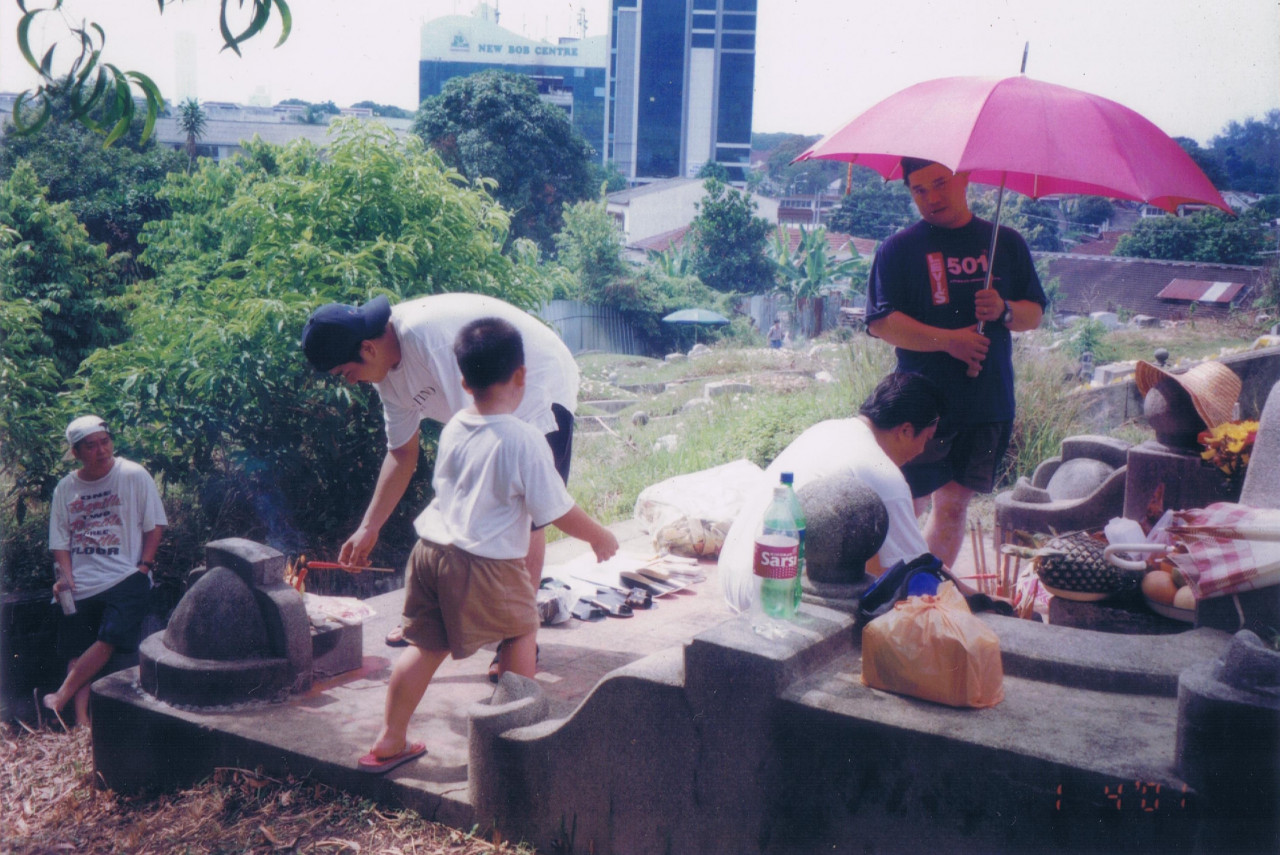
He adds that the occasion also calls for mourners to appreciate the loved ones around them. “As the years pass, we are reminded about how swiftly time flies, and thus reminded to cherish our loved ones who are still alive. When you truly think about it, gosh, everyone has aged. In this sense, Ching Ming is both for the dead and the living.”
Dennis clarifies that there are many intricacies and nuances behind Ching Ming practices, with each family having its own unique traditions and customs. “It might qualify as a celebration but like most ceremonies and festivities, it boils down to the delegation of tasks for a successful outcome. One might be in charge of buying the flowers and fruits to be offered, another the joss sticks and paper offerings.”
“Commonly, one would begin praying at the Tua Pek Gong temple of a cemetery or in today’s terms, a memorial park, before proceeding to clean up a grave site or equivalent (hence, Ching Ming is also called Tomb Sweeping Day; and Ching means to clear/clean, Ming means brightness). Then, we will proceed with arranging offerings at the altar for the deceased member. Incense are placed in the incense burner according to seniority; but before that, candles are to be placed first.
"Subsequently, family members would invite the deceased loved ones to 'eat' or 'feast' on the offerings which includes a variety of food items (it may differ according to dialect groups; each has a symbolic meaning),” Dennis explains.
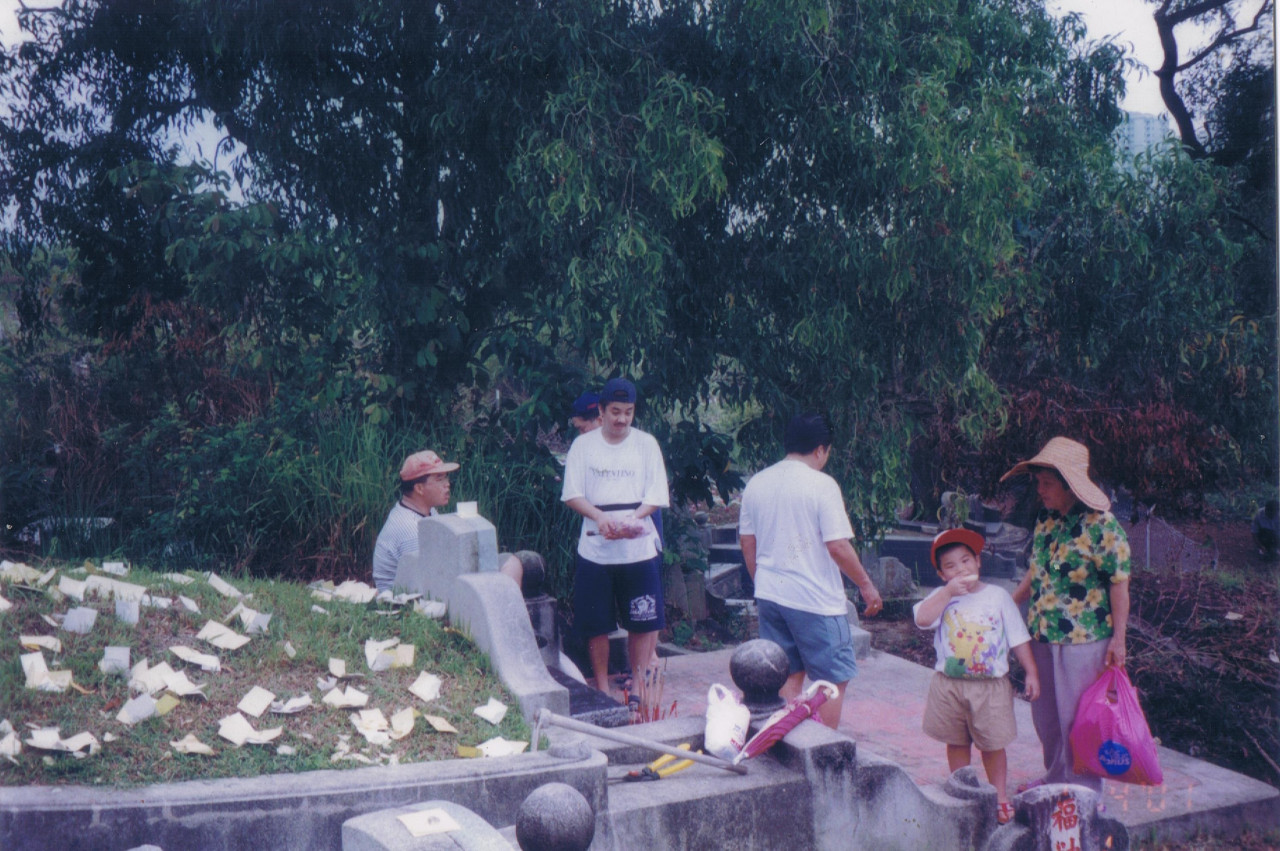
“Those present would take some time before tossing coins to ask the deceased member if they are full and satisfied with what has been prepared. Then, paper offerings are burned, which include a myriad of items, most traditionally: shoes, clothes, money, and mantra. Then we would have lunch at the site,” he added.
The rituals, at its core, are to instill values of filial piety, respect, and appreciation for tradition and family history.
“Of course, a lot more intricacies and nuances go behind the practices and these would most certainly differ from one family to another but the essence of filial piety towards ancestors and our elders, as well as the importance placed on the younger generation to be contributing citizens, remains to be the core values that are embedded.” – The Vibes, April 6, 2023
*Qing Ming [Tomb Sweeping Day] by Du Mu, translated by Eileen Cheng-yin Chow



_surrounded_by_his_family_members_during_Ching_Ming_festival__courtesy_Dennis_Ong.jpg)
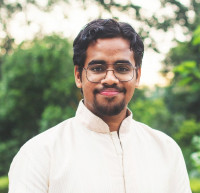

.jpg)
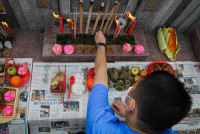

.JPG)


